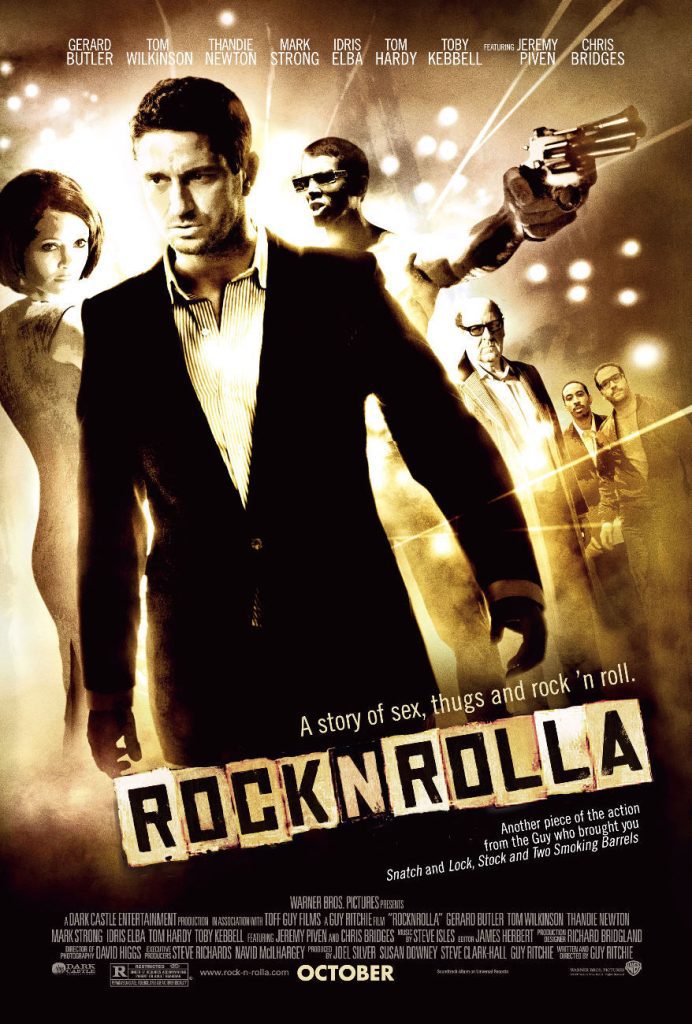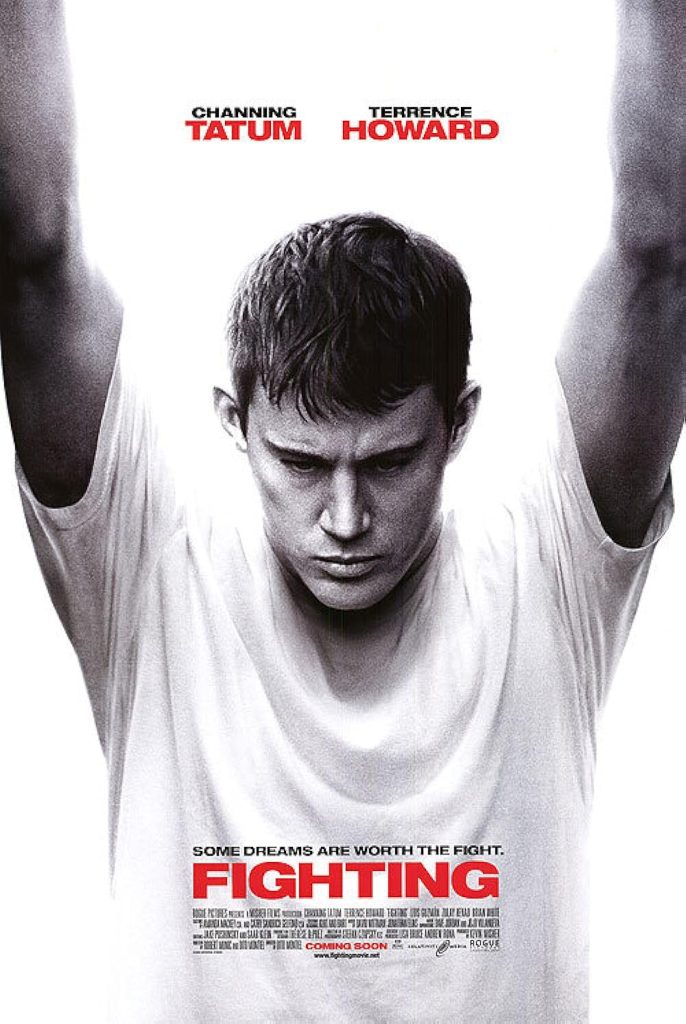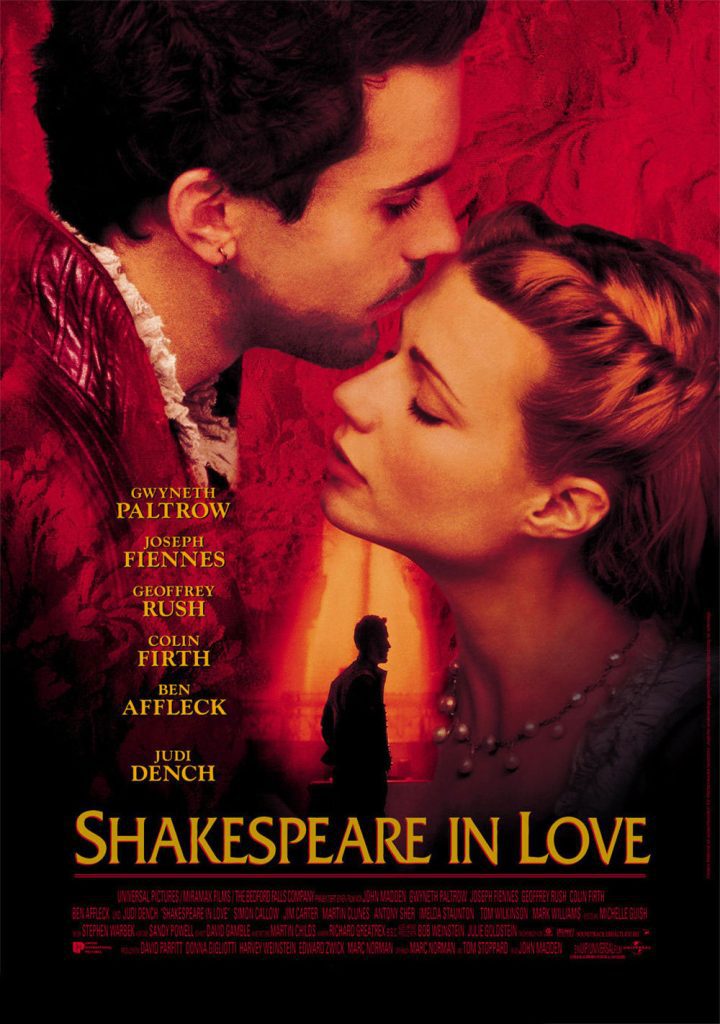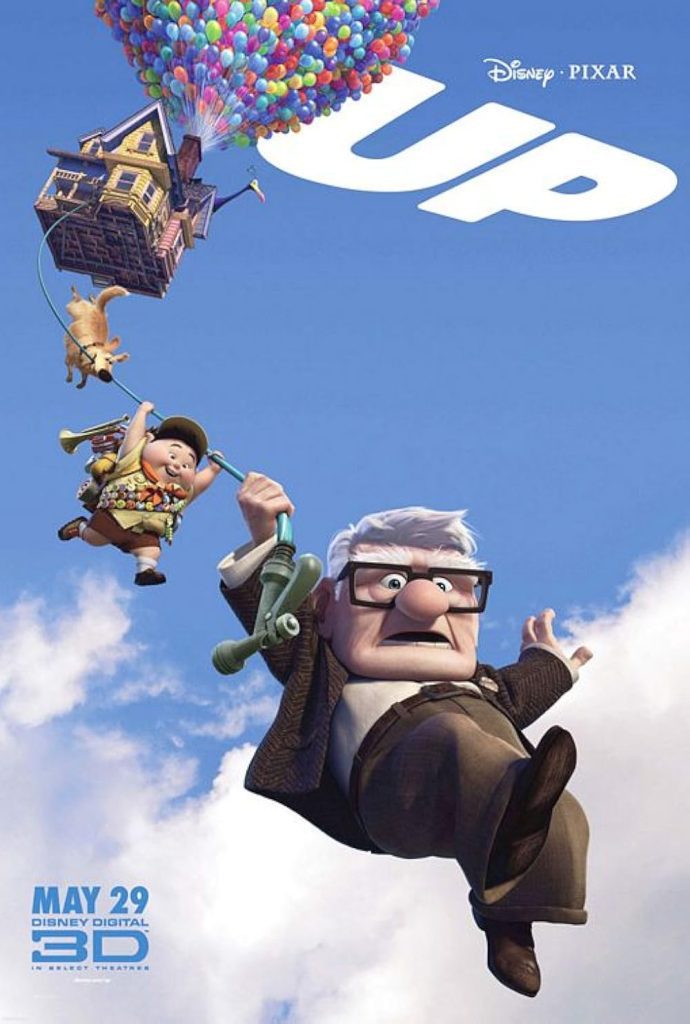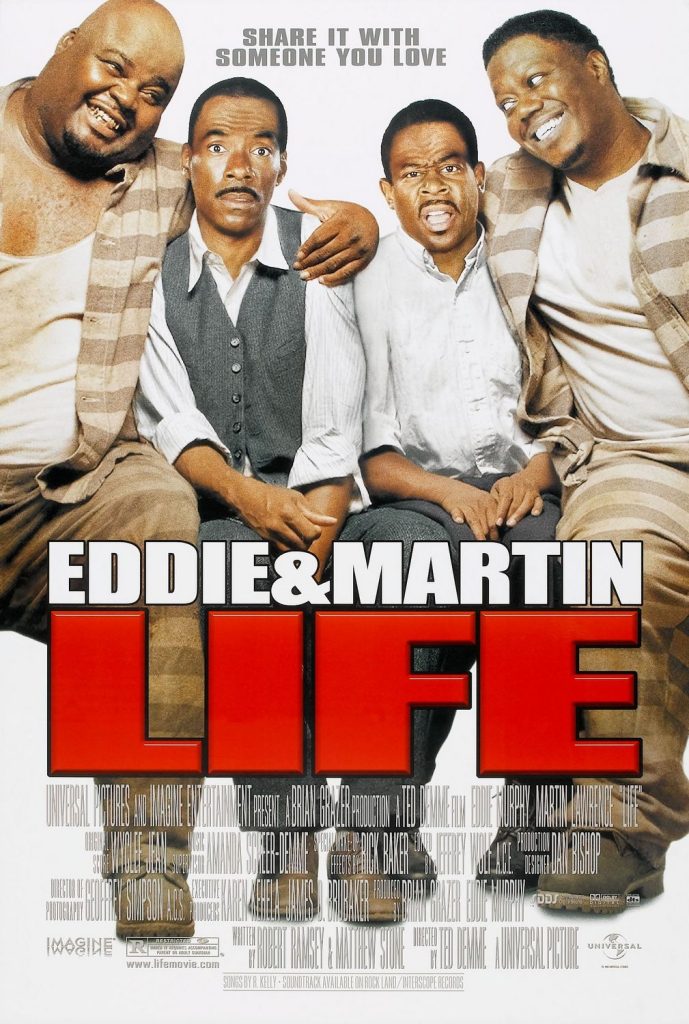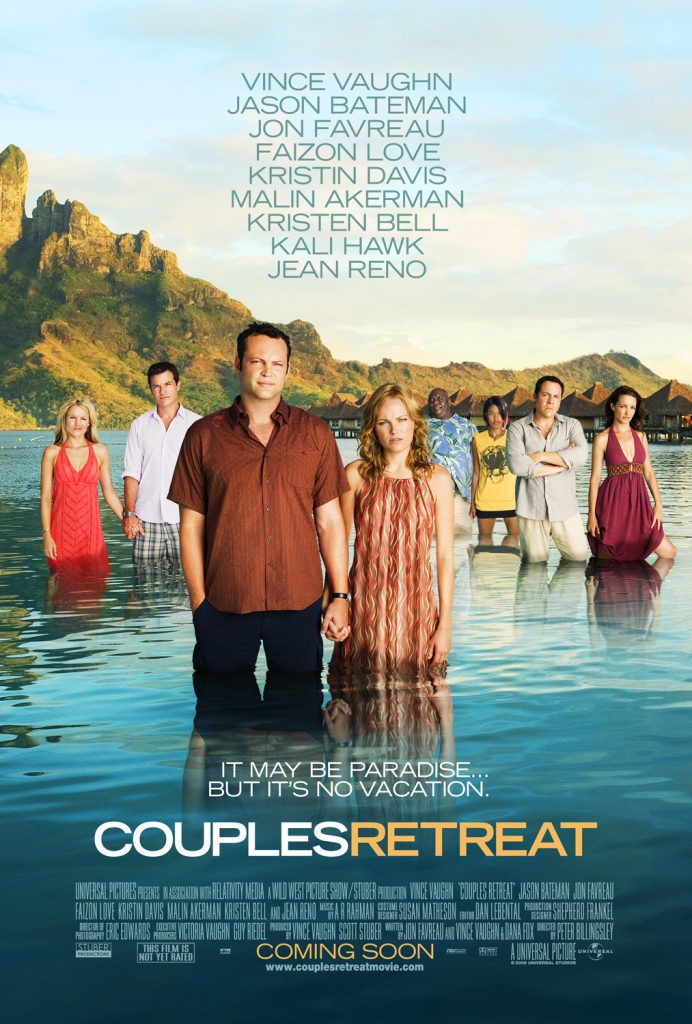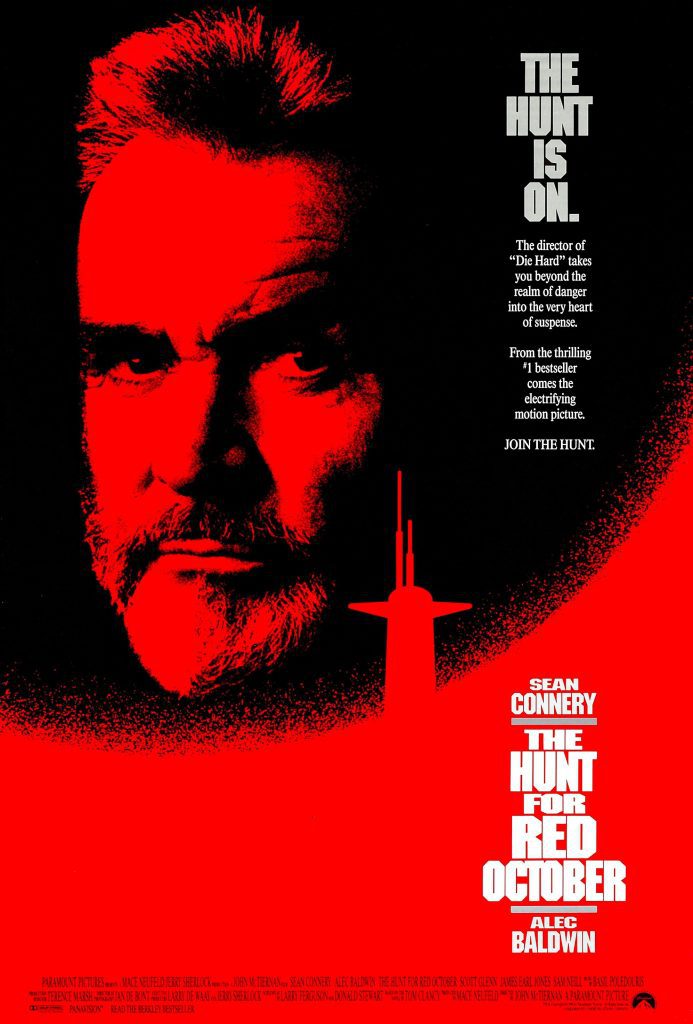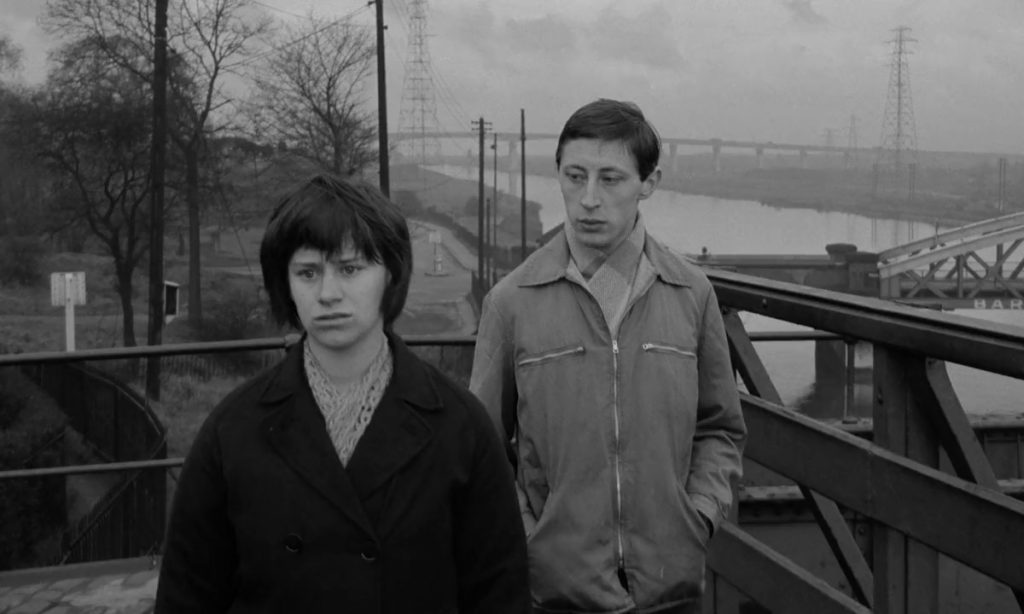
Over the course of his long career, playwright Terrence Rattigan won great acclaim for his insightful portraits of middle-upper class British society and for his ability to tell understated yet emotionally absorbing stories. Even so, a young Irish woman named Shelagh Delaney was unimpressed with Rattigan’s work: after seeing his well-regarded Variations on a Theme, she was immediately convinced that she could write something better (she was unimpressed with many aspects of the production, particularly what she perceived as Rattigan’s condescending portrait of homosexuality). Delaney wrote her first play in a mere ten days, and sure enough, her work was incredibly well-received: in January of 1959, A Taste of Honey began an impressive 368-performance run in the West End.
In no time at all, Delaney began collaborating with Tony Richardson (who had directed the first stage production of the play) on a feature film version. While the play largely unfolded within the confines of cramped apartments, Delaney and Richardson found intelligent ways to give the big-screen version more room to breathe. The film takes us on a grand tour of Salford, exploring grassy fields, back alleys and bustling dockyards. Even so, the story remains almost exactly the same: an intelligent, angry, heartfelt portrait of a young woman facing a host of real-world challenges.
Jo (Rita Tushingham, Doctor Zhivago) is a 17-year-old schoolgirl who lives with her neglectful, alcoholic mother Helen (an excellent Dora Bryan, MirrorMask). You don’t have to hear Jo’s life story to understand that she’s both resentful and lonely: you can see it in her furious-but-melancholy eyes. While Helen moves into a yet another new relationship with the sleazy Peter Smith (Robert Stephens, Cleopatra), Jo tentatively begins a romance with Jimmy (Paul Danquah, The Avengers), a black sailor on shore leave. Later, she moves away from home and ends up sharing an apartment with Geoffrey (Murray Melvin, Alfie), a gay textile design student who becomes Jo’s closest friend and confidant.
As with a lot of British New Wave films, A Taste of Honey is less about plot than about character and texture. Above all else, it’s an attempt to capture the sort of reality that had previously been ignored by cinema (and indeed, by many art forms), detailing the lives of people deemed unworthy of celebration or attention. Though none of the material it contains seems even remotely shocking today, the film’s willingness to address interracial romance and homosexuality without a bit of sensationalism or caricature is quite something for a movie made in 1961.
In a lot of ways, A Taste of Honey closely resembles some of the “angry young man” films and plays of the era (Look Back in Anger, Billy Liar, Saturday Night and Sunday Morning), though this one is obviously about an angry young woman. It’s no wonder that the film made Tushingham a star: even when the movie drifts into fairly conventional melodrama (something that feels a little more prominent now that the shock of its once-striking “realism” has worn off), she has an intense, magnetic screen presence.
A Taste of Honey (Blu-ray) Criterion offers an excellent 1080p/1.67:1 transfer. Despite the film’s age and relatively small budget, there’s little damage present. Scratches and flecks are kept to a minimum, and the level of detail is generally excellent. Depth is strong, too, and there’s a moderate amount of natural grain present. The LPCM 1.0 Mono track keeps the dialogue crisp and clean, and Addison’s score never sounds distorted or canned. Supplements include new interviews with Tushingham, Melvin and scholar Kate Dorney, archival interviews with Richardson and Delaney, a video essay produced by Walter Lassally, a documentary short (“Momma Don’t Allow”) co-directed by Richardson and a leaflet featuring an essay by Colin McCabe.
While it could certainly be argued that the film is a little more interesting as a time capsule of British filmmaking than as a dramatic experience (today, it mostly feels like an obvious point of inspiration for later social realist filmmakers like Ken Loach), Richardson does an admirable job of making the A Taste of Honey feel more cinematic than your average stage-to-screen adaptation (making good use of Walter Lassally’s no-nonsense cinematography and a striking John Addison score). It’s worth a look.
For more movies visit Soap2day.

